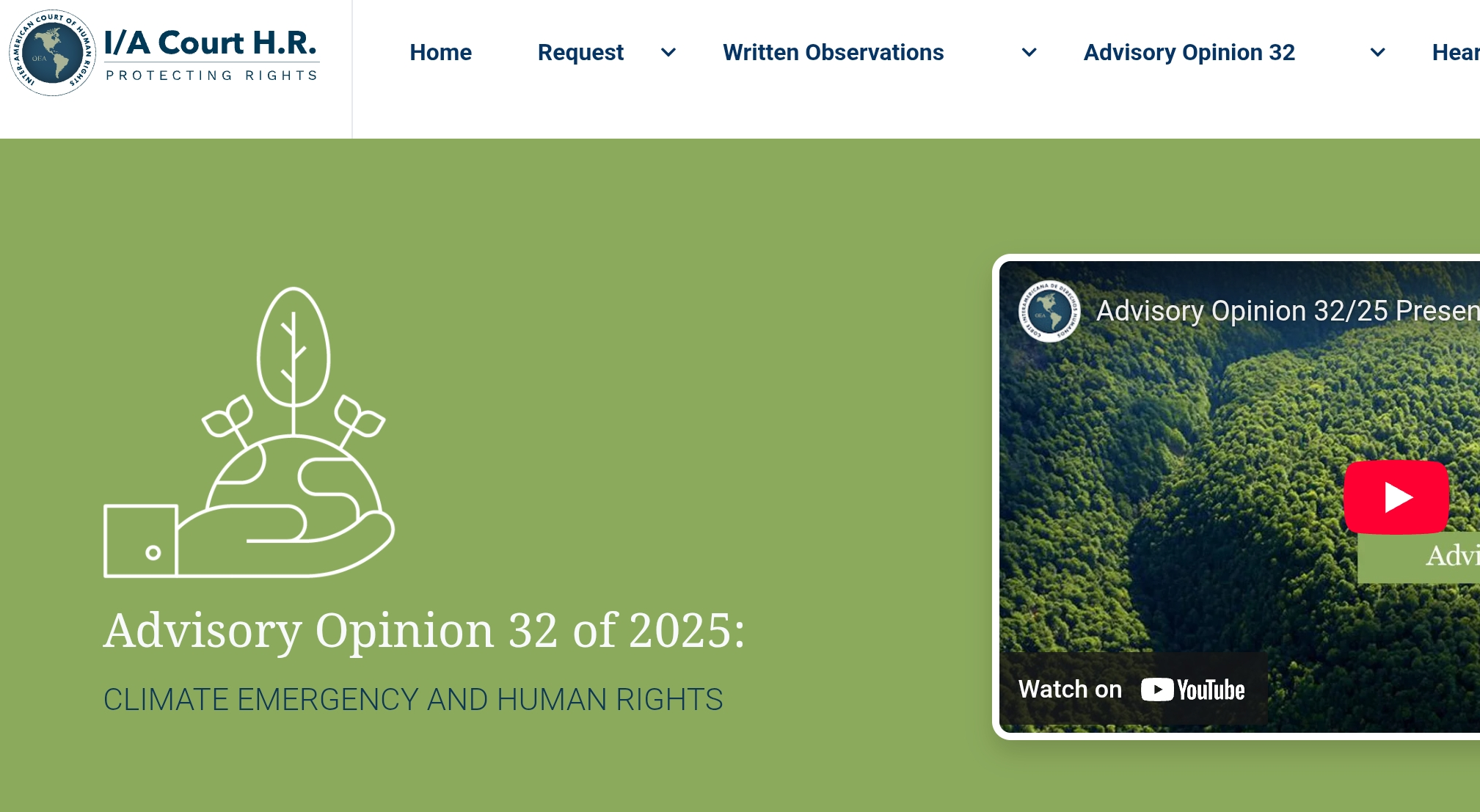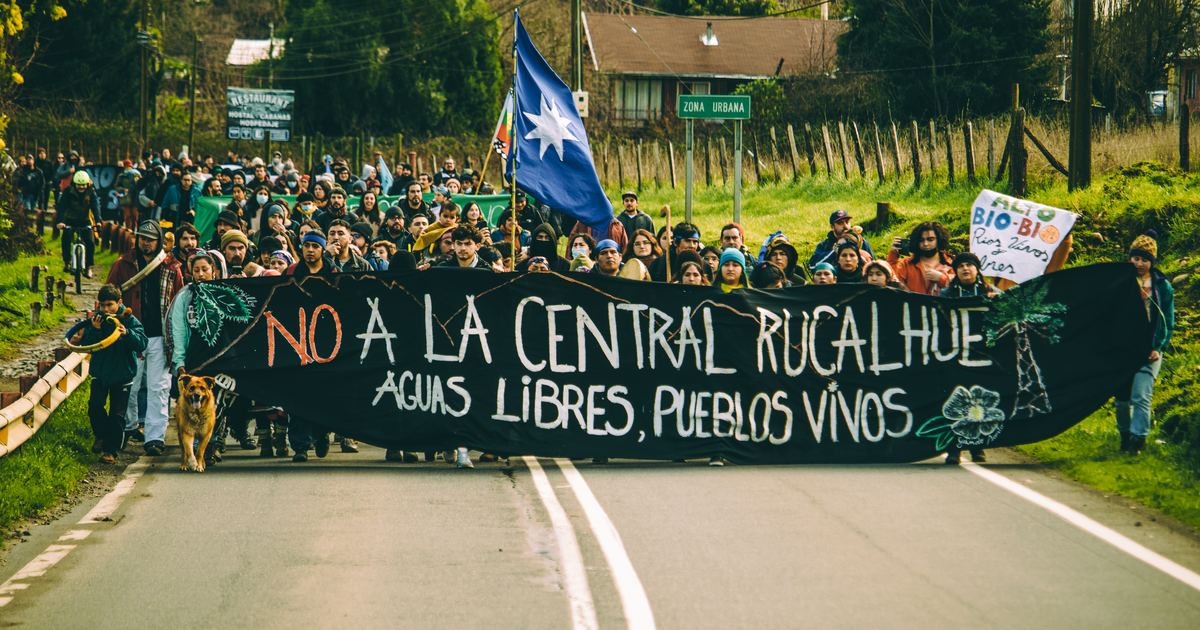On 15-16 February 2023, China underwent its third review by the UN’s Committee on Economic, Social and Cultural Rights (CESCR). Following a dialogue with the Chinese government in Geneva, and regular engagement with civil society groups, the CESCR issued its findings – known as Concluding Observations – on 3 March.
The CESCR expressed concerns about the ‘inadequacy of legal obligations for businesses under the State party’s jurisdiction to exercise human rights due diligence,’ and that impact assessments and consultations with affected local communities in development projects ‘are not always effective and do not always prevent violations.’ The Committee also stressed the ‘lack of adequate and effective measures to ensure that companies legally domiciled in [China], both State-owned and private, respect economic, social and cultural rights when operating abroad’, in particular for companies ‘working with the extraction of raw materials, construction and infrastructure projects.’
To address these concerns and comply with international standards, the experts listed five key recommendations to the government (paras. 18(a)-(d), 20), to be implemented by its next review in 2028:
- Establish a clear regulatory framework for companies operating in [China] to ensure that their activities promote and do not negatively affect the enjoyment of economic, social and cultural human rights;
- Adopt a National Action Plan for businesses and human rights;
- Ensure that business entities operating in, or domiciled under [China]’s jurisdiction and those acting abroad, including their sub-suppliers, as well as institutions that provide financing, are held accountable for their violations of economic, social and cultural rights, paying particular attention to Indigenous Peoples ’ and peasants ’ land rights, environmental impacts and expropriation in the context of real estate and infrastructure projects, and that follow-up and monitoring mechanisms are put in place to investigate and sanction them for their harmful activities;
- Ensure that victims of such violations have access to effective complaint mechanisms and affordable and effective remedies, including judicial remedies and adequate reparation;
- Adopt appropriate legislative and administrative measures to ensure the legal liability of business entities and their subsidiaries, as well as sub-suppliers, legally domiciled in and/or owned by [China], regarding violations of economic, social and cultural rights in the context of their activities abroad, particularly, but not limited to, companies working on the extraction of raw materials, construction and infrastructure projects.
The committee of 18 independent experts is mandated to assess the compliance of ratifying States – such as China – with the International Covenant on Social, Economic, and Social Rights (ICESCR), including extraterritorial abuses by actors under its control. In a prior stage of the review, committee members had posed key questions on efforts to implement due diligence and provide redress to victims of corporate abuses.
In implementing these five recommendations, the Committee also recommended that the authorities be guided by its General comment No. 24, which lays out the obligations of States who ratified the Covenant in relation to business activities.
Mounting concerns from Latin American and Global South rights groups
The CESCR’s recommendations echo those made by civil society, including ISHR and its Latin American partners of the CICDHA coalition*.
Ahead of China’s review, ISHR and 22 Latin American and international organisations submitted a report to the CESCR that looks in detail at 14 ventures in which corporate and financial actors under China’s jurisdiction have failed to comply with international human rights, labour and environmental standards.
The projects analysed in the report are set in 9 countries – Argentina, Bolivia, Brazil, Chile, Colombia, Ecuador, Mexico, Peru and Venezuela – and in sectors including mining, hydroelectric power, fossil projects, infrastructure and agriculture. The report identifies patterns of serious abuses against the rights of Indigenous Peoples, the rights to health, a healthy environment, water, food, housing, labour rights, as well as various civil and political rights.
Over the past two decades, economic and financial ties between China and Latin American nations have deepened to an unprecedented extent. Chinese financial institutions have become the principal creditors of several governments in the region while Chinese corporations, most of them State-owned, have invested an estimated $172 billion and have led over 200 infrastructure projects in 20 countries in the region.
The expansion of Chinese corporate and financial activities has come alongside a significant increase in appeals by civil society actors, warning of human rights abuses and negative environmental impacts where Chinese operations have taken place.
The government is expected to implement the CESCR’s recommendations before its next review cycle, which will start upon submission of the government’s report due for 31 March 2028.
In January 2024, China will undergo its fourth Universal Periodic Review, a country-led human rights peer-review process during which a range of Global South countries have issued recommendations related to Chinese business activities overseas.
*The Collective on Chinese Financing and Investment, Human Rights and the Environment (CICDHA, in Spanish) is a coalition of civil society international and Latin American organisations that aim to establish effective mechanisms to guarantee that human rights, transparency and participation are upheld, and that environmental sustainability remains central in investments and the financing of projects involving Chinese stakeholders.




